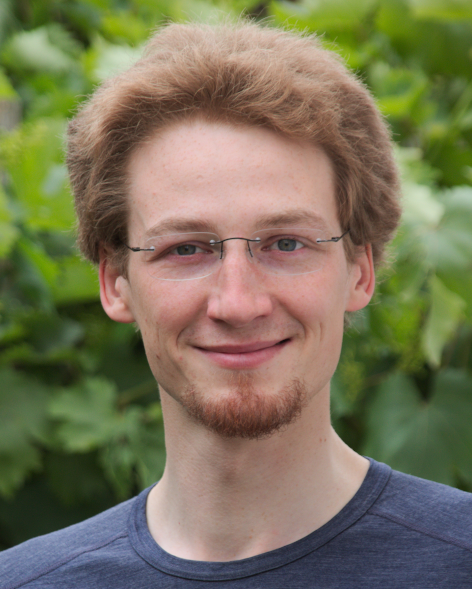
Moritz Krämer
Applied Zoology and Nature Conservation
Soldmannstr. 14
17489 Greifswald
moritz.kraemer(at)uni-greifswald(dot)de
Research Interests
The barbastelle bat (Barbastella barbastellus) is a forest dwelling bat species of Western Europe. It is known for inhabiting ephemeral roosts such as a bark crevices, which makes it hard to follow and study. Barbastelles are very cold tolerant bats and can remain active throughout the winter during periods of milder temperatures. In hibernacula, which they often only visit during extremely cold periods, they like to hang in places with temperatures between -1 and +6°C. Their hunting technique is very specialized on moths, which they catch in open air.
In Germany the species is generally rare and the population is fragmented and poorly characterized. The bats are threatened by loss of summer roosts through certain types of forestry, loss of food resources through intensified land use and loss of habitat connecting elements in the landscape, to name a few. In recent years, more and more barbastelle bats were reported from areas where they were not present before.
I want to use genetic methods (microsatellites/sequencing/SNPs) to reveal the population structure of the German barbastelle population, and explore recent population trends and range expansion of the species. This data will be used to generate specific conservation guidelines for the support and protection of the barbastelle bat.
My project is part of a broader research project on the distribution and dynamics of the barbastelle bat in Germany: Verbundprojekt „Schutz und Förderung der Mopsfledermaus in Deutschland“, https://www.mopsfledermaus.de (website in German).
My previous research was also in the fields of nature conservation and animal ecology. I studied food availability for chicks of the red kite (Milvus milvus) and the more basic research topic of consistent individual differences in animal behaviour (also called animal personality) on the example of common voles (Microtus arvalis).
Furthermore I have work experience in the mapping of breeding birds and several years of work experience as a docent for different organizations in the broader field of wilderness/farm/environmental education.
